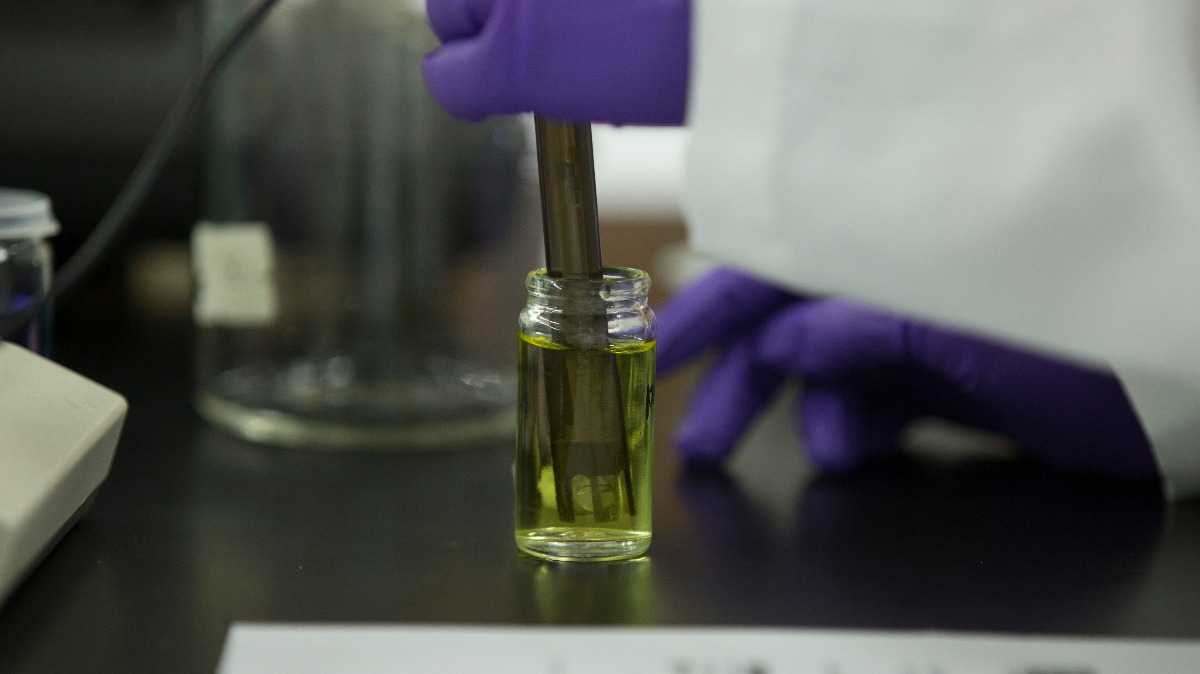The materials science field of today depends on use of modern technology. This includes electronics and spintronic devices, which harness power from electrons.
To increase the devices’ value, manufacturers strive to make them smaller and less energy-consuming.
Compounds known as MHNCs switch between states of spinning electrons quickly.
Their use helps manufacturers adjust the size and energy consumption of the devices.
Materials science graduate student Abdullah Al Shafe leads thesis-related research on MHNCs. His research shows how changes in pH values influence MHNC’s capabilities.
About his research
Shafe studies magnetic nanocrystals.
These crystals have tiny dimensions, specifically a few billionths of a meter.
Nanocrystals make up the nanomaterials used in engineering, medicine and space research.
Shafe developed nanocrystals made of two materials: nickel oxide and manganese oxide. The resulting compound abbreviates as MHNC.
He investigates how changes in pH values of chemical solutions used to prepare the materials affect MHNC’s magnetic and structural properties.
Shafe completed his research under the guidance of his advisor, Dr. Robert Mayanovic, department head of physics, astronomy and materials science.
About the importance
Hard disk drives rely on use of MHNCs’ magnetic spins for storing memory data.
The small data sources have large capacities. Their use can lead to great results.
“Researchers can use MHNCs to create targeted drug delivery systems and track drug release,” Shafe said. “They can also serve diagnostic purposes, as used for magnetic resonance imaging (MRIs).”
Nanocrystals’ structure changes when exposed to varied pH values.
Shafe discovered a chemical solution pH value that enhanced MHNC’s magnetic capabilities.
He also found a source of the structural changes caused by the varying pH values using structural characterization.
“These findings will help the PAMS community identify better nanomaterials,” Shafe said. “It will also help researchers find an easier route to synthesizing them.”

